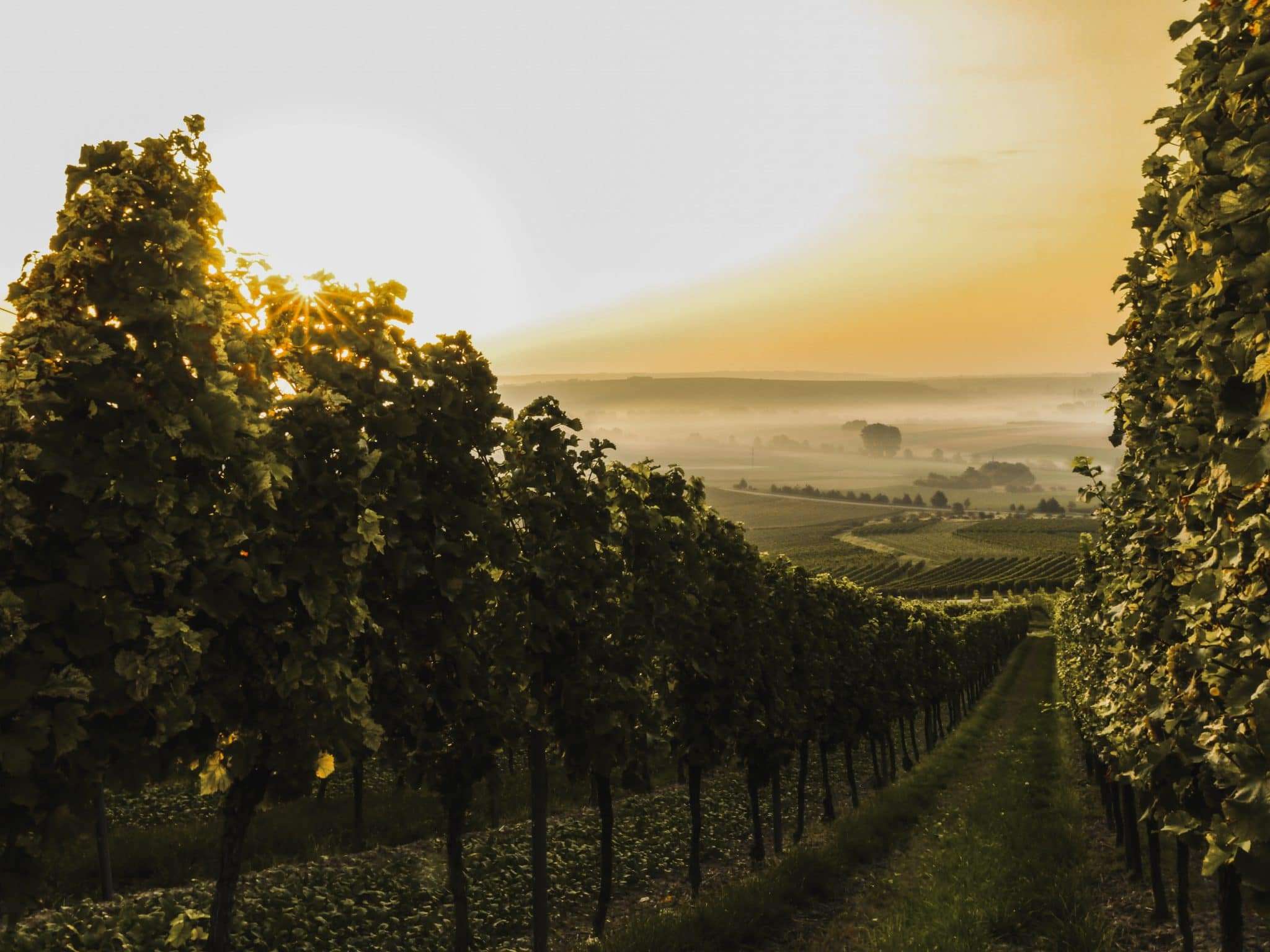Tradition has kept French winemaking the same for hundreds of years. Then, the climate changed everything. France is now leading an aggressive shift to more sustainable vineyards and cleaner wine production.
Once the proverbial wine snob of the planet, France is now leading the way forward to a more equitable future with sustainability initiatives that are putting it at the forefront of a wine movement that’s changing perceptions and breaking barriers.
According to France’s National Wine Sector, approximately half of all its wine producers will achieve sustainability standards or organic certification by 2025. France produces about 16 percent of the world’s wine, making it a $9 billion a year business.
France’s wine industry is also big business for the country’s tourism sector. Pre-pandemic, wine-producing regions across the country welcomed more than 24 million tourists every year.
Sustainable wine production in France
“Part of what makes French wine so incredible — beyond taste — is the country’s wine history and its reverence of that history,” Mike Pomranz wrote for Food & Wine in 2019. “For instance, in Bordeaux, the Wine Classification of 1855 still holds weight over 150 years later.
But recently, the region has been looking to the past in an attempt to create an environmentally-friendly future — moving away from things like pesticides and towards more sustainable practices in the hope that one of the world’s best-known wine designations can continue to bear fruit for generations to come.”
The momentum has turned France toward new traditions, rewriting the hundreds of years of winemaking history.
By 2025, 100 percent of winemakers in Bordeaux, France—the wine capital of the world—will be certified organic, biodynamic, or sustainable—or well on their way to transitioning. As of last spring, 65 percent of winemakers in the region had achieved that status.
Just a decade ago, Bordeaux winemakers were heavily reliant on herbicides and pesticides; 30 percent of substances were considered harmful. That number has dropped to ten percent. In that same time frame, membership of the Environment Management System grew from 25 vineyards to more than 800.
In the Loire Valley, it’s a similar situation: vineyards there are aiming to achieve the same by 2030.
Last year, the Comité Champagne made a commitment to cut chemical use by 50 percent, reduce the carbon footprint of its bottles by 15 percent, and achieve 100 percent sustainability in its viticulture.
The shift has been embraced and championed by brands including Avaline, the U.S.-based wine company co-founded by actress Cameron Diaz and entrepreneur Katherine Power. Last year the winemakers partnered with EthicDrinks, a Bordeaux-based sustainable wine producer that took a 2021 French government award for most sustainable wine packaging
French wine and climate change
If France held onto grape-growing and winemaking practices in the name of tradition, the impact of climate change has imparted an urgency to reevaluate. Warming temperatures are changing the flavor of some wines by causing grapes to ripen faster, increasing their sugar content.
Winemakers in Bordeaux have been noticing changes since the 1980s when harvest began occurring earlier and earlier.
A 2019 study found that Merlot will be the first wine grape to show the impact of climate change. It currently makes up 60 percent of the vineyards in Bordeaux.
“The flavor of French wines will be more alcoholic, less acidic and less aromatic,” Agnès Destrac-Irvine, of the VitAdapt program that experiments with new grape varieties under climate change, told Time. “The question isn’t how will climate change change French wines, the question is how has it already?”
But elsewhere in the country, warmer temperatures have, at least temporarily, brought benefits. For Alsace and Champagne, mildew has decreased as a result of droughts that have occurred since 2017. That’s not likely to last though as temperatures are expected to continue to rise if Paris Agreement temperature targets aren’t met.
“Some wines will not be able to remain,” Jean-Marc Touzard, the director of l’INRA, a French public research institute focussed on agriculture, told Time. “Merlot is struggling in the face of climate change.”
Wine and spirits leader Moët Hennessy announced a €20 million research center last year, based in Mont Aigu, France. It will focus on sustainability through four key areas of research including microbiology and biotechnology; climate change research; optimizing production efforts to improve winemaking and recyclability across the supply chain; and efforts to continue to improve on quality and excellence of its products.
Grapes 2.0
In Bordeaux, scientists are now hard at work looking at new grape varietals and flavors more adaptable to climate change. They’re looking at hardier grapes from other parts of the world that may work like Merlot.
But France has long restricted grape varietals. The Institut National des Appellations d’Origine (National Wine Authority) oversees which grapes can and can’t be grown for wine production. The agency has recently relaxed restrictions on several varieties once not allowed in order to find suitable grapes for a changing climate.
Finding suitable grape varieties is only one part of the climate change problem. Weather patterns are changing across the globe, and could bring unprecedented shifts to growing and harvesting.
“It’s not just about warmer temperatures. With climate change, there will be risks of frost, droughts, fires,” Touzard says. “Look at the fires in California and Australia. We don’t want the taste of fumes in our wines.”
President of the Bordeaux Wine Council, Allan Sichel, says the shift to more sustainable and organic farming not only helps reduce the industry’s impact on climate change but develops healthier relationships with the soil, the environment, which may make adapting to the changing climate easier.
As a record number of wine growers embrace the country’s shift to more sustainable production, it shows “a total change in the state of mind,” he says.
“We can’t make things compulsory but we can make it easier.”


